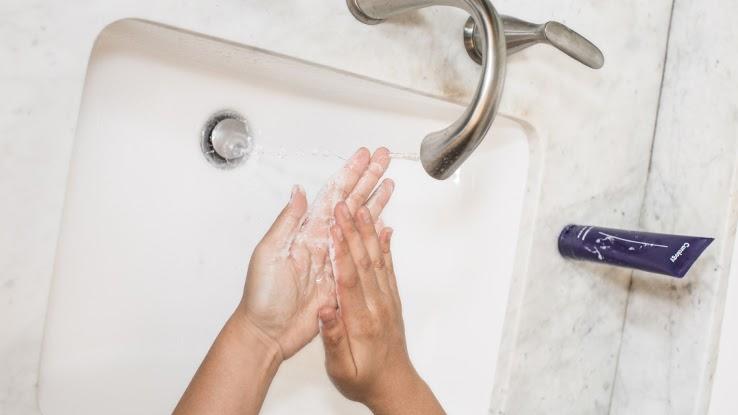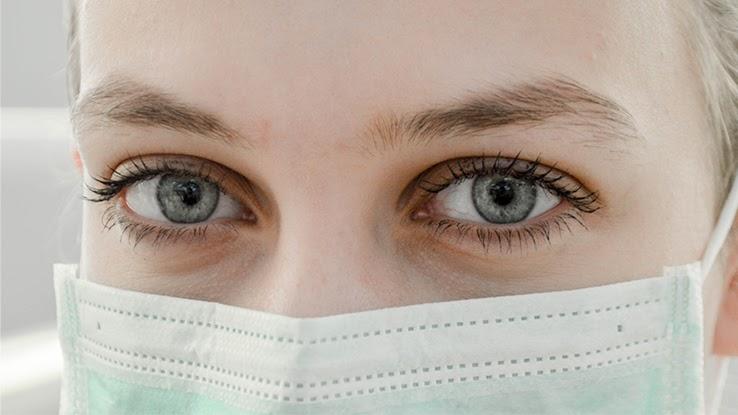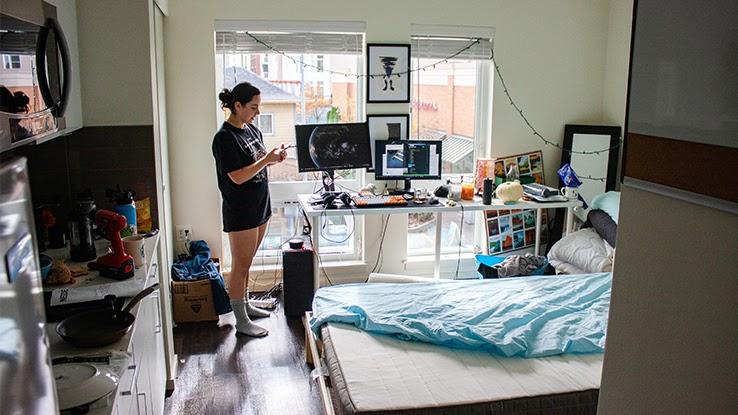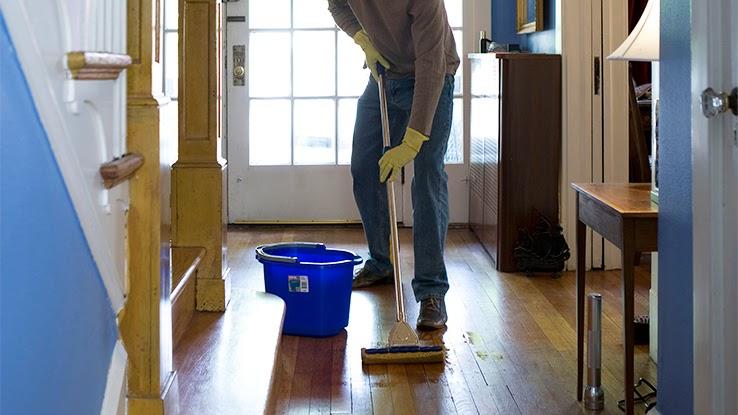10 Tips to Prepare Yourself for COVID-19

The United States declared a national emergency on Friday, March 13, in response to COVID-19, the disease caused by the new coronavirus. Now, the World Health Organization (WHO) is advising people of all ages to protect themselves during this pandemic.
It’s a lot of information to process, and it’s easy to feel stressed by the threat of this health crisis. But the best thing you can do at this time is to prepare yourself, your family and your home for the coronavirus.
Wash Your Hands Frequently
A quick flick of your wrists under the faucet won’t cut it anymore. Washing your hands frequently throughout the day is highly recommended. And it has to be a thorough scrub-down — spend at least 20 seconds each time.

Make sure you scrub each finger and thumb thoroughly while including the palms of your hands and your wrists in your routine. Many people find it helpful to sing their favorite songs’ choruses to make sure they wash their hands for the right length of time.
Know the Symptoms
The Centers for Disease Control and Prevention has made it clear that symptoms of COVID-19 can range from extremely mild to severe. That’s what makes detecting whether you have it or not so tricky. While we all wait for more accessible testing, pay attention to your cough, temperature and shortness of breath.

A combination of these symptoms 2–14 days after exposure is a telltale sign of contagion. If you have any of these symptoms, head to your doctor immediately while wearing the appropriate mask and gloves to protect others.
Reroute Your Sneezes and Coughs
It’s time to put an end to our age-old practice of sneezing and coughing into our hands. The coronavirus is thought to travel through viral droplets, among other ways, so coughing or sneezing into our hands is a surefire way to spread COVID-19.

It is now advised that you sneeze or cough into your elbows to avoid spreading germs to your hands. It’s the responsibility of every individual to begin this practice to further curb the spread of potential viral droplets.
Avoid Touching Your Eyes, Mouth and Nose
This one sounds easy enough, but experts claim we touch our faces nearly 16 times an hour. The CDC would like us to curb that habit very quickly, as the mucous membranes on our faces are easy entry points for the virus.

If you can’t control yourself from touching your face, you may want to buy a box of medical gloves from your local pharmacy. This gives you the option to continue to touch your face but decreases the number of germs on your hands.
Stay Home as Much as You Can
This is a tough one, but a given necessity. To help stop the spread of COVID-19, Italy, Spain and South Korea advised their citizens to stay indoors to avoid exposure. Major U.S. cities like New York and San Francisco are already enacting similar policies.

If you can, limit your time spent outdoors to taking care of necessities like grocery shopping, trips to the pharmacy and visits to your doctor. If you’re able to work from home, it is advised that you avoid commuting to further reduce your time outside.
Keep Your Home at Room Temperature
The World Health Organization shut down any rumors that the new coronavirus would collapse in extremely hot or cold temperatures. This is simply not the case. No amount of humidity or snow is capable of curbing the spread of the illness.

At this time, it’s advised that you keep yourself at normal room temperature to ensure your health isn’t interrupted by a dramatic shift in climate. That being said, a hot bath or shower won’t protect you, either.
Practice Social Distancing
There’s a reason you’ve noticed the cancellation of basketball games, cruises and concerts over the last few weeks. COVID-19 can easily spread from person to person, so health officials are advising everyone to practice what’s known as social distancing.

This can be tricky at times, but when you’re outside, try to stay at least 6 feet away from other people. If you do have to be in a group, try to limit that number to 10 people. At the very least, we still have FaceTime, Google Hangouts and other means of communication so we don’t feel too isolated during this trying time.
Take Inventory of Your Supplies
While it’s important to keep a stocked refrigerator, now would be a good time to make sure you have at least a 30-day supply of your other essential items. This includes prescription medications, pain relievers and any additional health supplies you may need.

If you have small children, make sure you have the necessary supplies for them as well. The more health supplies you have on hand during this crisis, the less often you’ll have to make outdoor trips for more items.
Clean Your House Daily
Because you’ll be staying home a lot more, it’s important to clean the areas where you spend time more frequently. Pay attention to all touched surfaces in your home, including door knobs, light switches, floors, tables, desks, countertops and keyboards.

This goes double for your bathroom. Keep your sinks, showers, bathtubs and toilets extra-clean during this time period. Practicing good health habits in a clean living space is a cornerstone of keeping yourself safe during the coronavirus crisis.
Please Try to Stay Calm
Stress can have a major impact on your immune system, and it’s important to keep that in mind during this crisis. Your mental health is as important as your physical health during times like these. If you’re feeling isolated, nervous or alarmed, now is the time to work to boost your mental health.

If you’re feeling stressed, calm yourself down with long, deep breaths. If you’re feeling lonely or too isolated, organize a virtual hangout with friends and family members to stay connected. You are not alone in this. We can get through it together.





